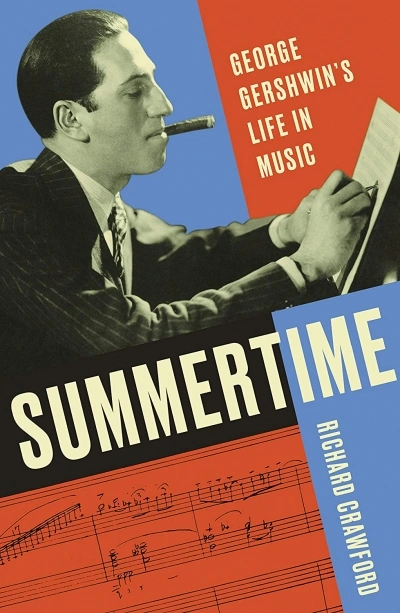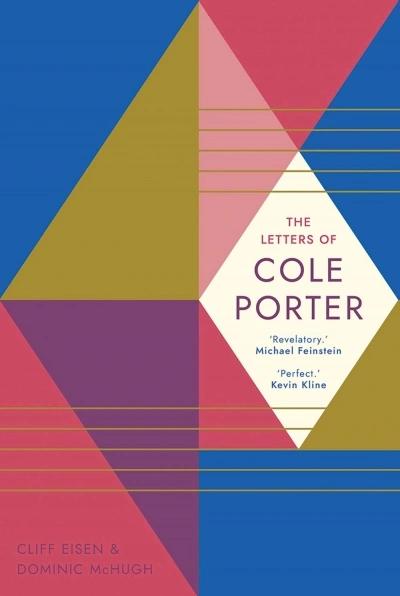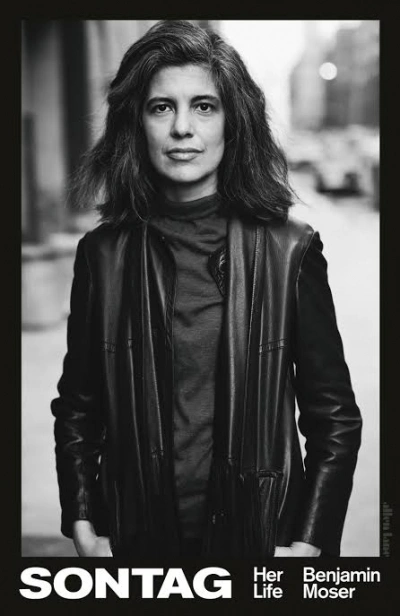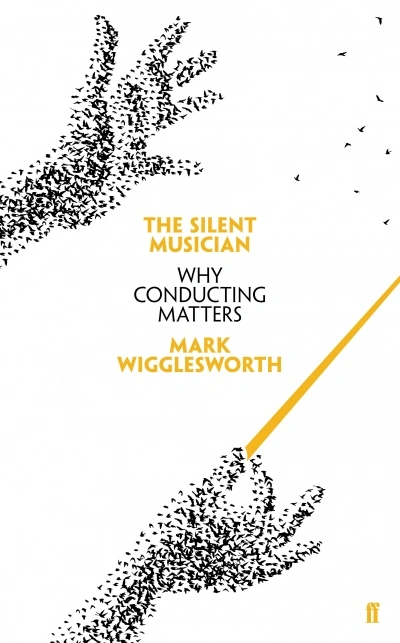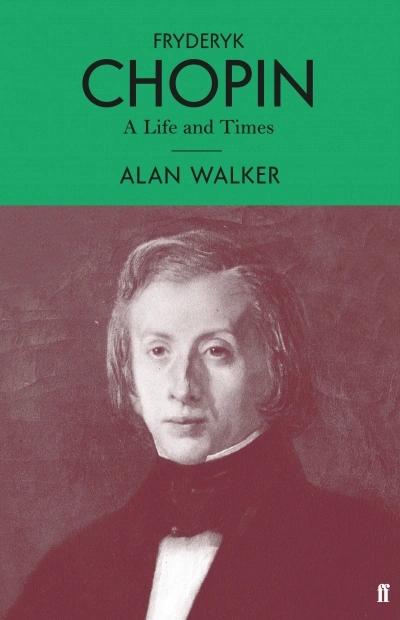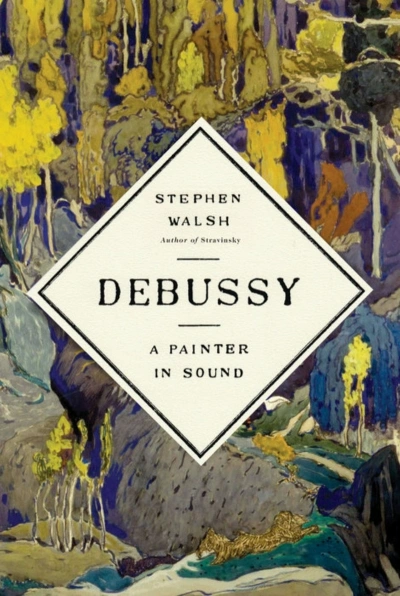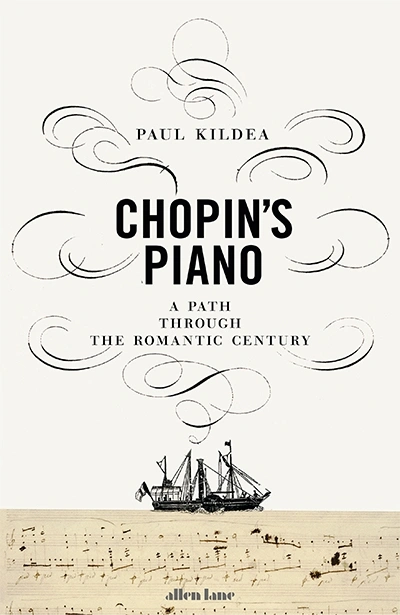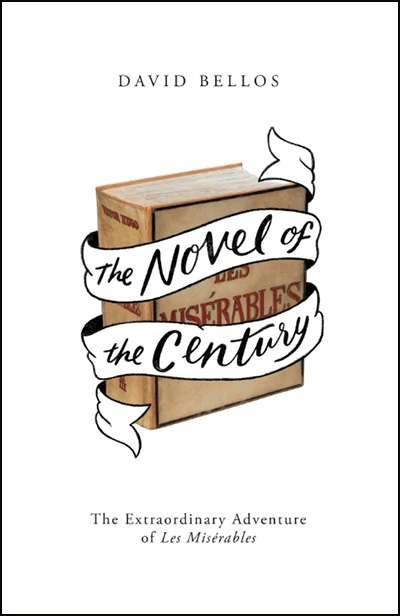Paul Kildea
Summertime: George Gershwin’s life in music by Richard Crawford
by Paul Kildea •
The Letters of Cole Porter edited by Cliff Eisen and Dominic McHugh
by Paul Kildea •
The Silent Musician: Why Conducting Matters by Mark Wigglesworth
by Paul Kildea •
Chopin’s Piano: A journey through Romanticism by Paul Kildea
by John Allison •
The Novel of the Century: The extraordinary adventure of Les Misérables by David Bellos
by Paul Kildea •
To highlight Australian Book Review’s arts coverage and to celebrate some of the year’s memorable concerts, operas, films, ballets, plays, and art exhibitions, we invited a group of critics and arts professionals to nominate some favourites.
... (read more)Beethoven for a Later Age: The journey of a string quartet by Edward Dusinberre
by Paul Kildea •


